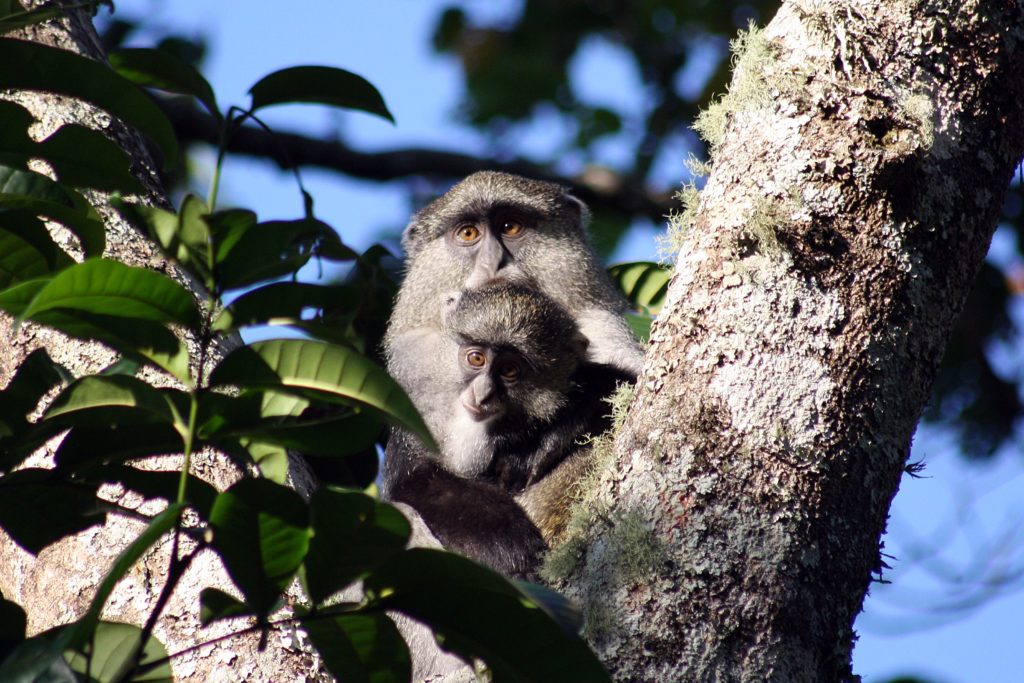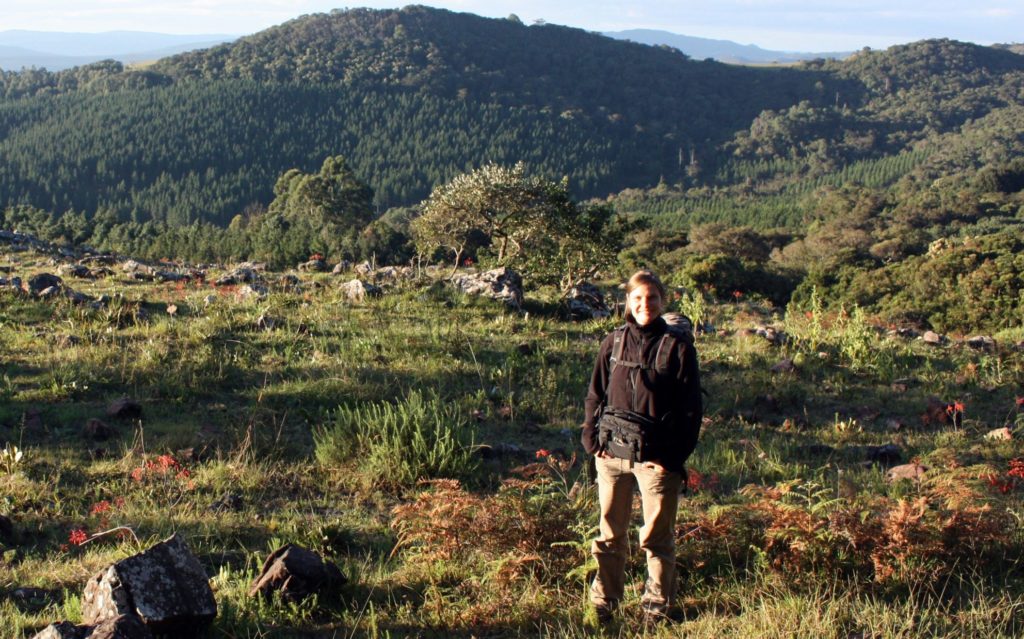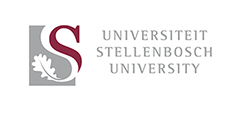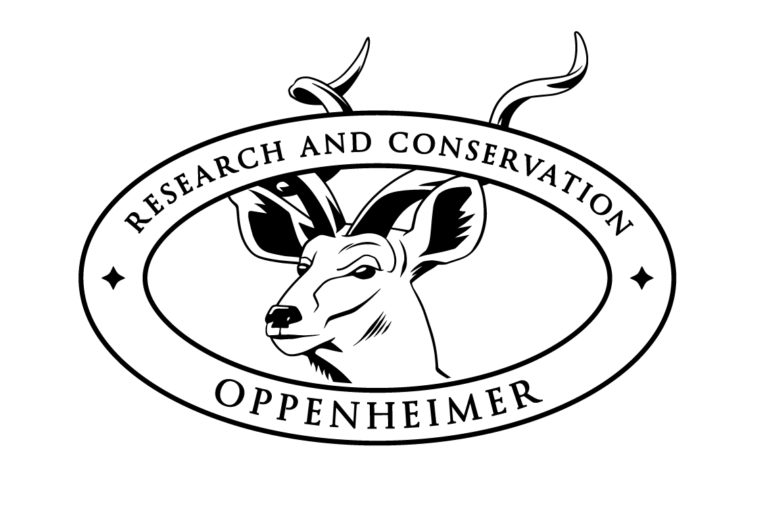Researching samango monkey populations in South Africa’s Soutpansberg mountains since 2006, I have investigated their role in seed dispersal maintaining floristic diversity and regeneration, their spatial ecology focussing on utilisation of both naturally and anthropogenically fragmented habitats their population dynamics and regional phylogenetics. My work has always included dedicated public participation, education and conservation foci. I am currently interested in the impact linear infrastructure has not only on the samango monkey but on all five South African primates. As samango monkeys are forest specialists, my research interest extends to the roles of other forest mammals and indigenous forest conservation.
The main human activities impacting primate species in the area I work in are subsistence and commercial farming and linear infrastructure. Roads and power lines have a substantial impact on local primate populations by causing mortality and potentially forming barriers to dispersal for the smaller strepsirrhines. Human-primate interactions in agricultural and, to a lesser extent, urban areas are also common and often times lead to conflict with damage causing animals and considerable and under-reported mortality through targeted killing. Direct land transformation in some areas through rapid clearing of forests and savanna woodland for fuelwood and agricultural expansion as well as afforestation through exotic silviculture all exacerbate the influence of already naturally fragmented habitat patches occupied by the five primate species occurring. Strong biome shifts, potentially negative for some primate species, are already observed for parts of the region as a result of past and current anthropogenic drivers (extirpation of large herbivores, rapid biological invasion and altered fire regimes) and such shifts are predicted to be particularly intense for the region under most future global warming representative concentration pathways. Rapid social and environmental change, persistent poverty and constrained natural resources (particularly water) negatively impact on the well-being of people in the region.
https://www.facebook.com/LajumaResearch/








